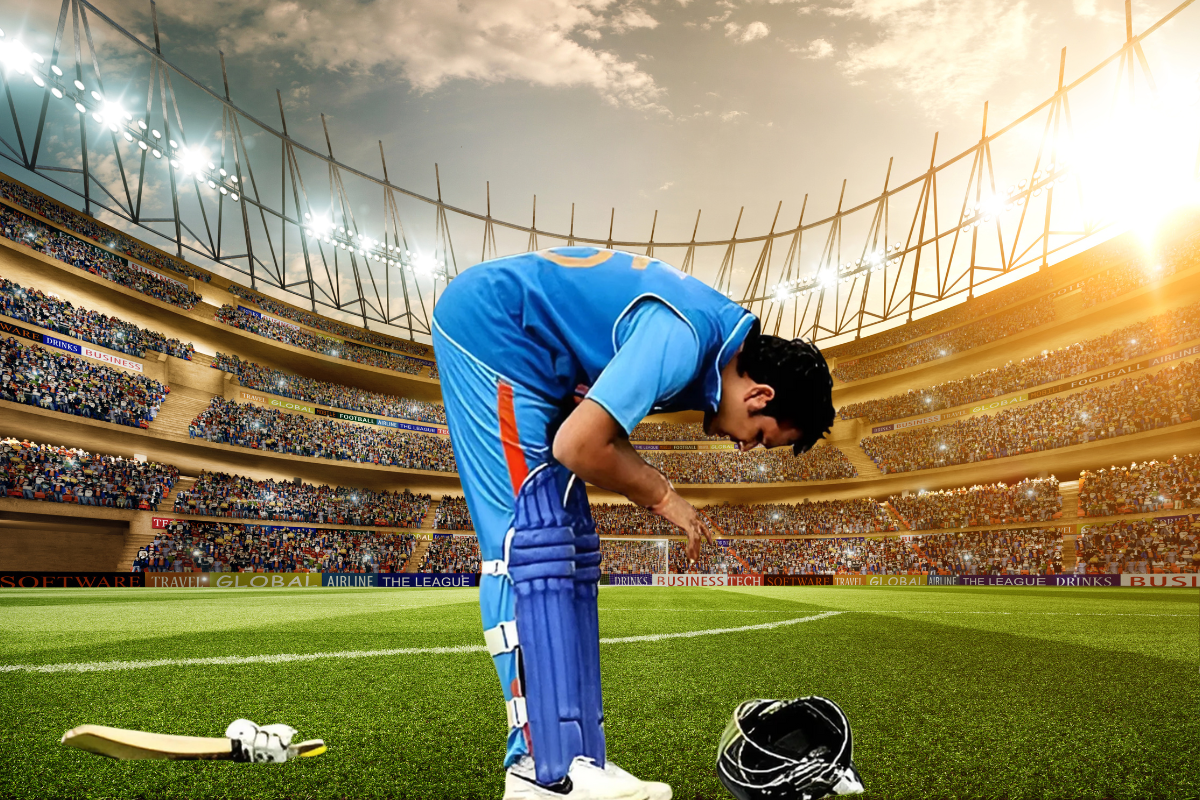- +91 75677 63301
- 24*7 Emergency Care
Most common sports injuries of the hand and How to prevent them?
- Home
- /
- Hand Surgery
- /
- Most common sports injuries...

Whether you’re a professional athlete or someone who enjoys weekend sports, your hands play a vital role in every activity — from catching and throwing to lifting and swinging. Unfortunately, hand and wrist injuries are among the most common issues seen in sports, especially those involving contact or repetitive movements.
Understanding these injuries and how to prevent them is key to staying active and injury-free. In this blog, we’ll explore the most common sports-related hand injuries and effective ways to protect yourself.
Table of Contents
ToggleCommon sports-related hand injuries
1. Jammed fingers
- Cause: Tip of the finger is forcefully pushed back toward the hand; common in basketball, volleyball, cricket.
- Symptoms:
- Swelling around the joint.
- Pain when bending or straightening.
- Stiffness and tenderness.
- Swelling around the joint.
- What to do:
- Apply ice and elevate the hand.
- Use buddy taping for support.
- Seek medical help if swelling/pain persists or finger movement is restricted.
- Apply ice and elevate the hand.
- Cause: Direct trauma causing a break in finger bones; common in contact sports.
- Symptoms:
- Immediate sharp pain.
- Swelling and bruising.
- Deformity or inability to move the finger.
- Immediate sharp pain.
- What to Do:
- Immobilize the finger using a splint.
- Apply ice.
- Avoid using the hand.
- Visit a doctor for X-ray and proper treatment. (may require surgery)
- Immobilize the finger using a splint.
- Cause: Ligament injury from a fall on an outstretched hand (FOOSH).
- Symptoms:
- Wrist pain and swelling.
- Bruising and reduced movement.
- Wrist pain and swelling.
- What to Do:
- Follow RICE: Rest, Ice, Compression, Elevation.
- Use a wrist brace.
- See a doctor if pain lasts or motion is limited.
- Follow RICE: Rest, Ice, Compression, Elevation.
- Cause: Overuse of forearm muscles leading to tendon inflammation.
- Symptoms:
- Dull ache at the elbow.
- Pain when gripping or lifting.
- Weakness in the hand or wrist.
- Dull ache at the elbow.
- What to Do:
- Rest and ice the elbow.
- Wear an elbow strap.
- Do gentle stretching once pain reduces.
- Consider physiotherapy if pain continues.
- Rest and ice the elbow.
5. Scaphoid fracture
- Cause: Fracture of a small wrist bone from a fall.
- Symptoms:
- Pain on the thumb side of the wrist.
- Swelling
- Weak grip.
- Pain on the thumb side of the wrist.
- What to Do:
- Immobilize with a splint or brace.
- Apply ice.
- See a doctor for proper diagnosis.
- May require casting or surgery due to poor blood supply to the bone.
- Immobilize with a splint or brace.
6. Gamekeeper’s or Skier’s thumb
- Cause: Tear of a thumb ligament from hyperextension or trauma (e.g., skiing injury).
- Symptoms:
- Pain and swelling at thumb base.
- Joint instability.
- Difficulty gripping.
- Pain and swelling at thumb base.
- What to Do:
- Apply ice.
- Immobilize the thumb with a brace.
- Avoid hand use.
- Visit a doctor—surgery may be needed if the ligament is torn.
- Apply ice.
Prevention tips for hand and Wrist injuries in sports
1. Warm-Up and stretching

Always perform dynamic warm-ups and stretches targeting the hands, fingers, wrists, and forearms. This enhances flexibility and prepares muscles and tendons for activity.
2. Use protective gear
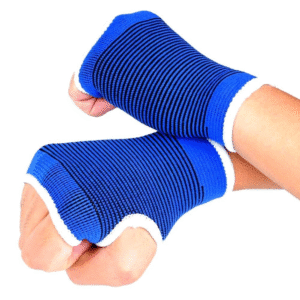
Use gloves, wrist guards, or athletic tape depending on your sport (e.g., goalkeeping gloves, gym straps, wristbands) to reduce impact and improve grip.
3. Maintain proper technique
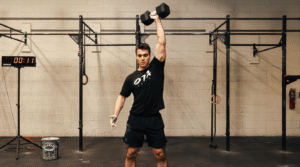
In racquet sports, weightlifting, or throwing games, improper form is a major cause of repetitive stress injuries. Learn and practice correct techniques with the help of a coach or trainer.
4. Gradual progression
Don’t push your hands and wrists too quickly. Increase intensity and duration gradually, allowing time for muscles and joints to adapt.
5. Strengthen hand muscles
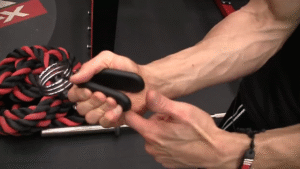
Incorporate hand and wrist strengthening exercises like grip squeezes, wrist curls, and resistance band work into your fitness routine.
6. Rest and Recovery
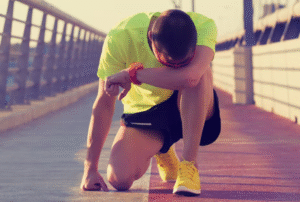
Overtraining can lead to chronic injuries. Ensure proper rest, and don’t ignore early signs of pain or discomfort.
7. Hydration and Nutrition

Tendons and muscles function better with proper hydration and a diet rich in calcium, magnesium, and vitamin D to support bone and joint health.
When to see a specialist?
If you experience persistent pain, swelling, bruising, or deformity in the hand or wrist after sports activity, don’t ignore it. Early diagnosis and treatment can prevent long-term complications.
At Krisha Hand Hospital, our dedicated hand surgeons and orthopedic experts provide:
- Accurate diagnosis using advanced imaging.
- Minimally invasive surgical options.
- Post-treatment physiotherapy and rehabilitation plans.
Conclusion
Sports-related hand injuries are common but highly preventable with the right precautions. By understanding the risks, using proper techniques, and listening to your body, you can significantly reduce your chances of injury and stay in the game longer. However, if an injury does occur, timely diagnosis and expert care are essential to ensure complete recovery and prevent long-term complications.
At Krisha Hand Hospital, we offer specialized care for all types of hand and wrist injuries using advanced diagnostics, surgical expertise, and customized rehabilitation plans. If you or someone you know is dealing with a sports-related hand injury, don’t wait—schedule a consultation with our expert team today and take the first step toward safe, effective recovery.
Author bio
Dr. Karn Maheshwari is the founder of Krisha Hand Hospital, Ahmedabad, established in 2016. He is the only fnb-qualified hand surgeon across Gujarat, Rajasthan, and Madhya Pradesh.
With MS and DNB in orthopedics, Dr. Maheshwari specializes in treating a wide range of hand and wrist conditions, including carpal tunnel syndrome, sports hand injuries, orthopedic hand surgery, ganglion cysts, mangled hand injuries, congenital hand differences, brachial plexus palsy, cerebral palsy & spastic hand, hand tendinopathy, hand microsurgery, hand swelling, hand transplants, hand reimplantation, rheumatoid hand deformities, and peripheral nerve injuries & compressive neuropathies.
Dr. Maheshwari’s unmatched expertise and patient-centric approach ensure world-class treatment, advanced surgical solutions, and optimal recovery for patients with complex hand and wrist conditions.
FAQs
It depends on the nature and severity of the injury. While minor strains may allow continued activity with caution, playing through pain can worsen the condition. Always consult a hand specialist before resuming sports.
Recovery time varies based on the type of injury — from a few days for mild sprains to several weeks or months for fractures or ligament tears. A proper rehabilitation plan is key to full recovery.
Yes, high-contact and ball-handling sports such as basketball, football, volleyball, gymnastics, cricket, and martial arts have a higher risk of hand and wrist injuries.
Absolutely. Ignoring pain or delaying treatment can result in chronic pain, stiffness, weakness, arthritis, or permanent deformity. Early intervention is critical.
Depending on the injury, doctors may use X-rays, MRI, or ultrasound to assess fractures, ligament damage, or tendon injuries.
Return-to-play should be gradual. A certified hand surgeon or physiotherapist will guide you through strengthening, mobility training, and protective strategies before you rejoin sports activities.
Recent Post
-
A Rare Pediatric Microsurgery Success at Krisha Hand Hospital, Now Published Internationally (2026)
-
Spectrum of Hand and Wrist Microsurgery: A CME Advancing Surgical Excellence
-
Dr. Karn Maheshwari shares expertise at IOACON 2025: Advancing hand & Wrist arthroscopy
-
Academic CME Program Led by Dr. Karn Maheshwari
-
Stiff fingers after surgery: What to expect during rehabilitation?

